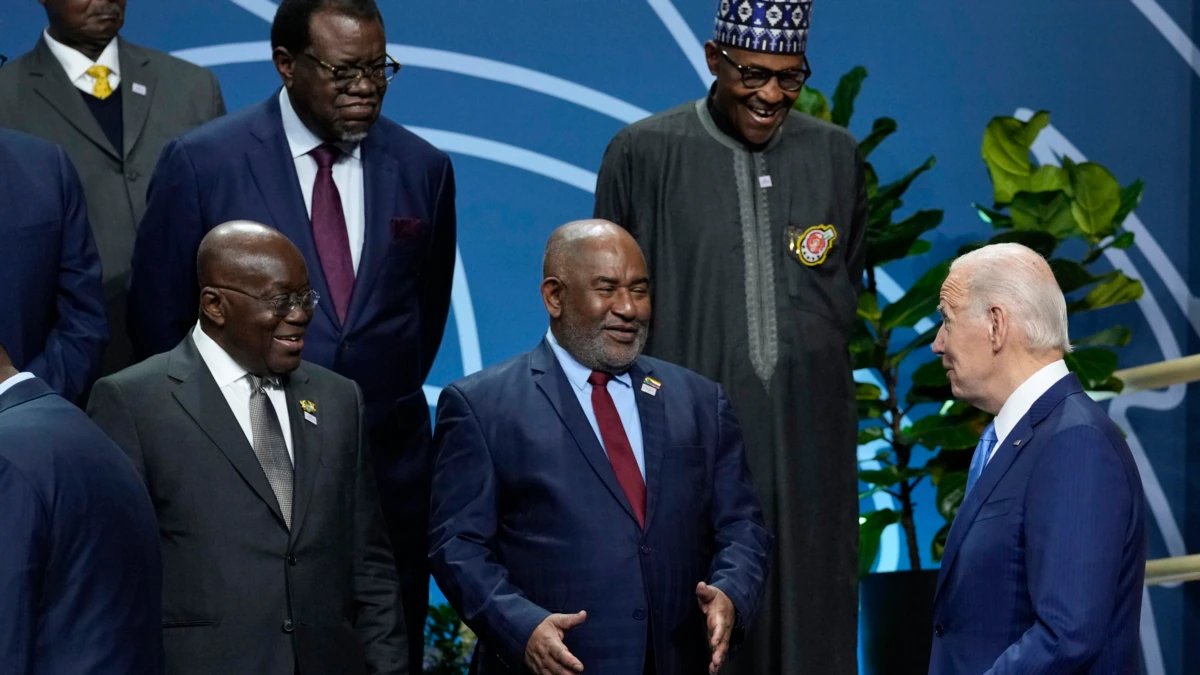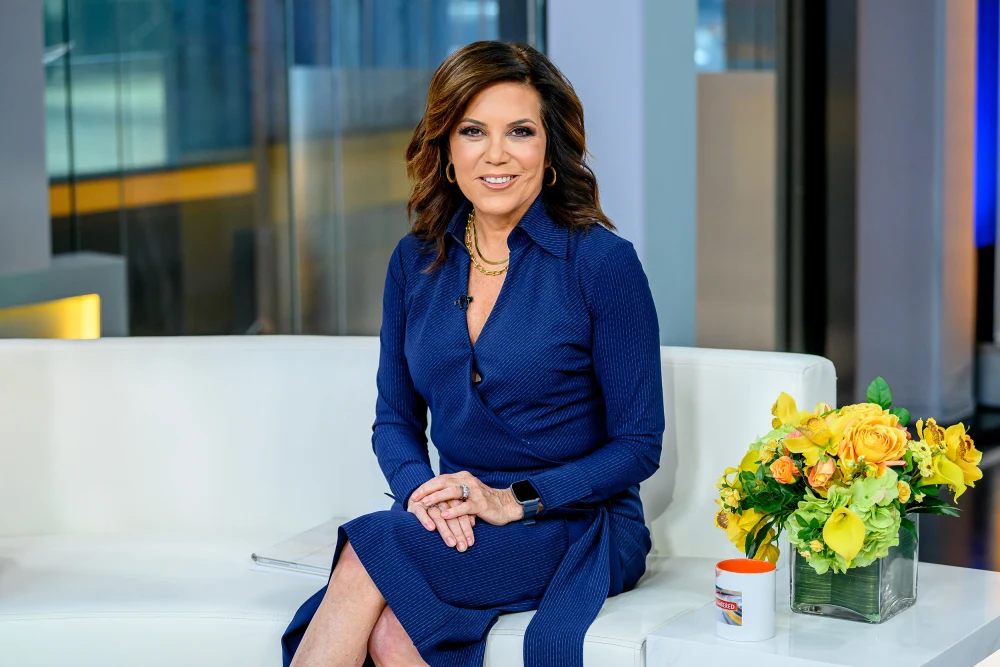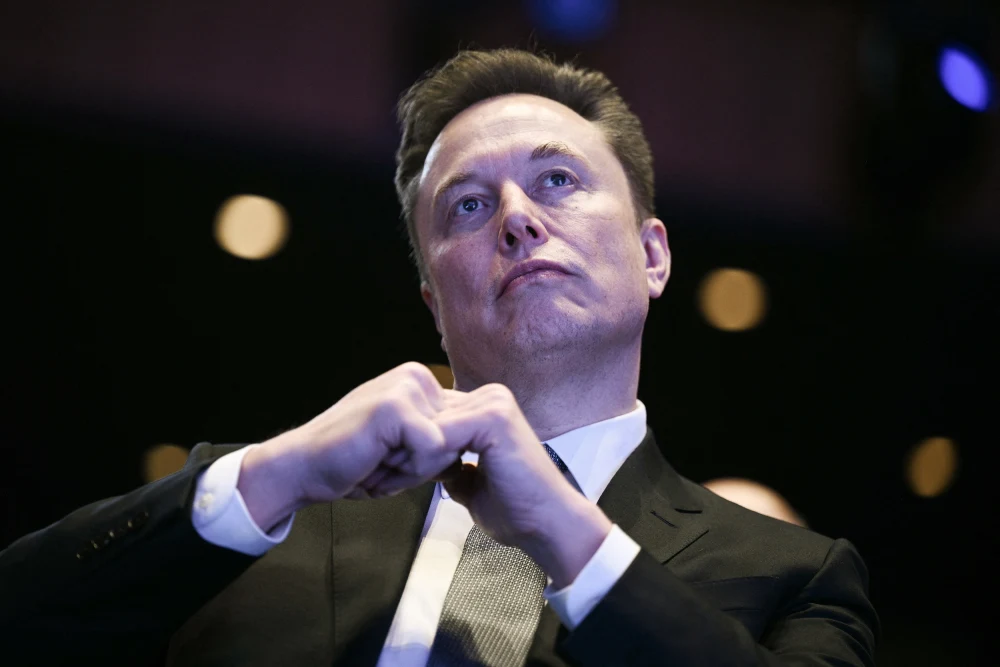The words of the legendary Dr. Osagyefo Kwame Nkrumah at his Independence Day speech on March 6, 1957 ring true today. He told the world that political independence was meaningless without economic liberty.
The independence leaders from Nkrumah who was arguably the continent’s greatest Pan-Africanist as the African Union and then Organization for African Unity was largely his brainchild, his mentor, Dr. Nnamdi Azikiwe, Kenneth Kaunda, Madiba Nelson Mandela, Jomo Kenyatta, etc all jointly failed in one regard – they focused all their energy on the battle to liberate Africa politically from their Caucasian Overlords but failed to draw up a road map to free the continent from the economic grip of the West.
This lack of vision is what is playing out today as neo-colonialism or imperialism and has haunted the continent like the Sword of Damocles from the heady days of the de-colonization struggles of the 1960s till date like a terrible dream that will even startle Rip Van Winkle.
That the United States is the world’s most powerful nation isn’t in doubt as its position has been cemented in global affairs since the end of the Second World War in 1945 after she led the Allied Forces ably backed by the UK, and the then USSR under the leadership of first Franklin Delano Roosevelt and later Harry Truman.
The US-Africa Summit was first held in 2014 under the Presidency of Barack Obama – himself an African as his late father hailed from Kenya. At the inaugural summit, the key issue raised and discussed was the need to ensure that Africa had greater access to power as it was scandalous that about 85 per cent of the residents in the world’s poorest continent lacked any access to electricity.
The initial phase of the project aimed to add “more than 10,000MW of cleaner, more efficient electricity generation capacity targeted to increase electricity access to at least 20 million new households, to its ultimate destination of “adding 30,000MW of cleaning electricity and increasing access to 60 million new connections designed to be invested with about $7bn got nowhere. Six countries – Ethiopia, Ghana, Kenya, Liberia, Nigeria, and Tanzania- were lined up for the phase ending in 2018.
Prosper Africa, another initiative launched in 2018 under the Presidency of Donald Trump was designed to greatly increase two-way trade and investment between the United States and Africa. By the end of 2021, prior to the second Washington Summit, it delivered a paltry two-way trade of just $64bn, less than one per cent of US total global trade.
U.S.-Africa Summit: In whose interest?




